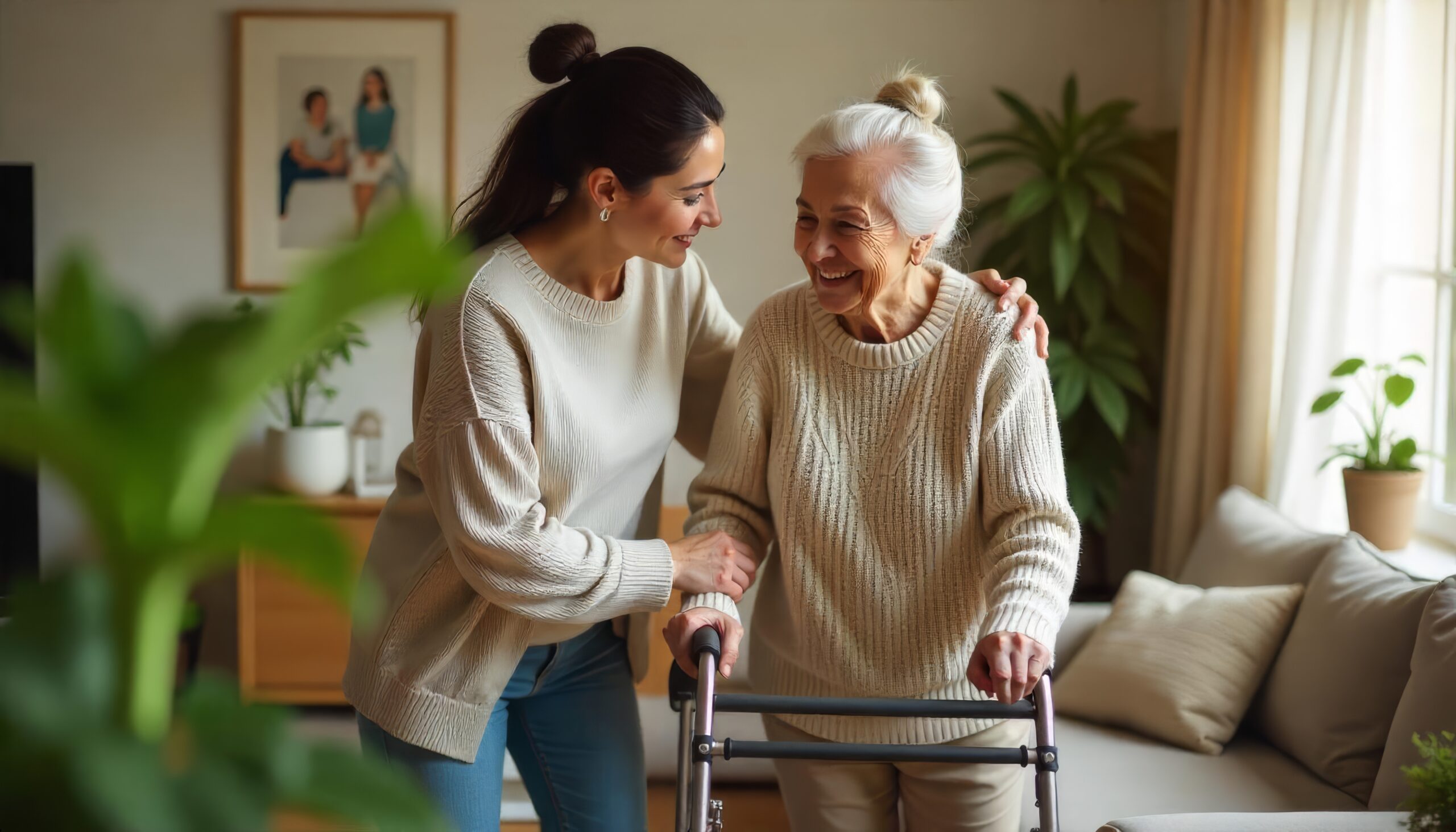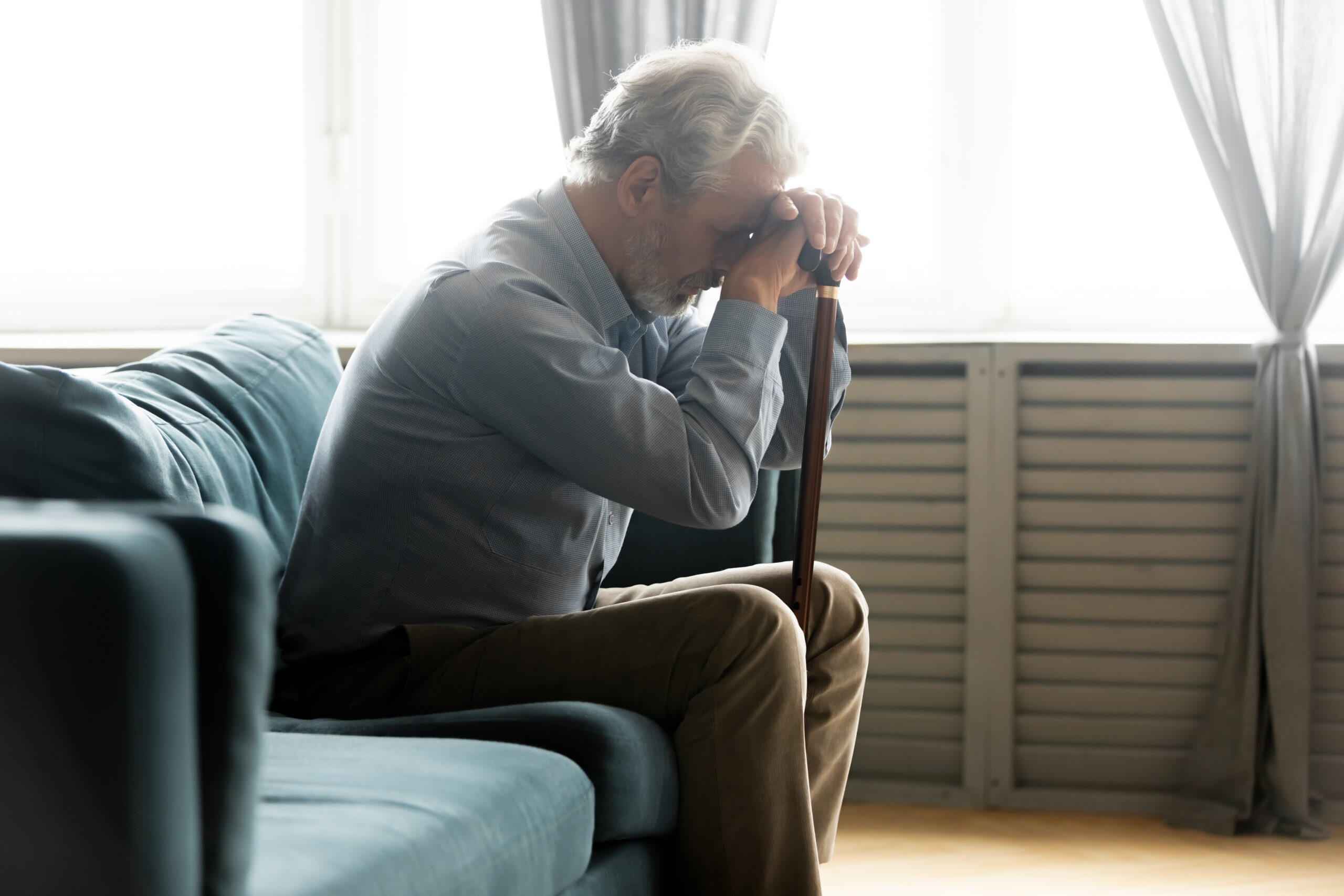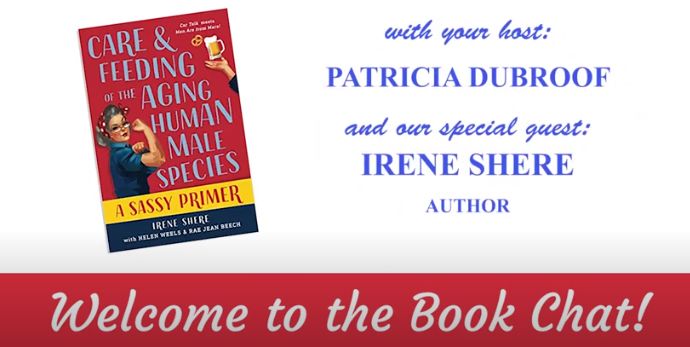
This article, from the Breast Cancer Research Foundation discusses how BCRF researchers are treating this growing patient population. October is Breast Cancer Awareness Month. While older adults represent the majority of breast cancer patients, there are limited guidelines on how to treat them. Researchers are hoping to change that.
Breast cancer is a disease of aging. The median age of breast cancer is 62 and around one quarter are women between ages 75-84, according to the Surveillance Epidemiology and End Results registry. And as the population continues to age, projections estimate invasive breast cancer cases will double by 2030. Most of the cases will be in women ages 70-84.
While older adults represent the majority of cancer patients, there are limited guidelines on how to treat this population.
“When my elderly grandmother was diagnosed with early stage breast cancer, I realized that there is no clear consensus on treating older women with breast cancer,”said Dr. Dean Shumway, assistant professor of radiation oncology at the University of Michigan. Dr. Shumway is a former BCRF/Conquer Cancer Foundation young investigator.
There are many reasons for this. Older adults are often excluded from clinical trials, which form the basis of standards of home care. This can be based on an eligibility cutoff age, or by restricting participation to healthier patients. This results in a lack of clear evidence-based guidelines on how to treat older patients.
“Understanding how toxicities of cancer therapies will affect older patients remains an unanswered question, largely due to the underrepresentation of these patients in clinical trials,” said Dr. Hyman Muss, BCRF investigator and director of geriatric oncology at the Lineberger Comprehensive Cancer Center at University of North Carolina.
“New drugs are not tested in adequate numbers of older patients,” he added. “We don’t know if they will have the same benefit or side effect profile as they do for a younger, healthier population.”








